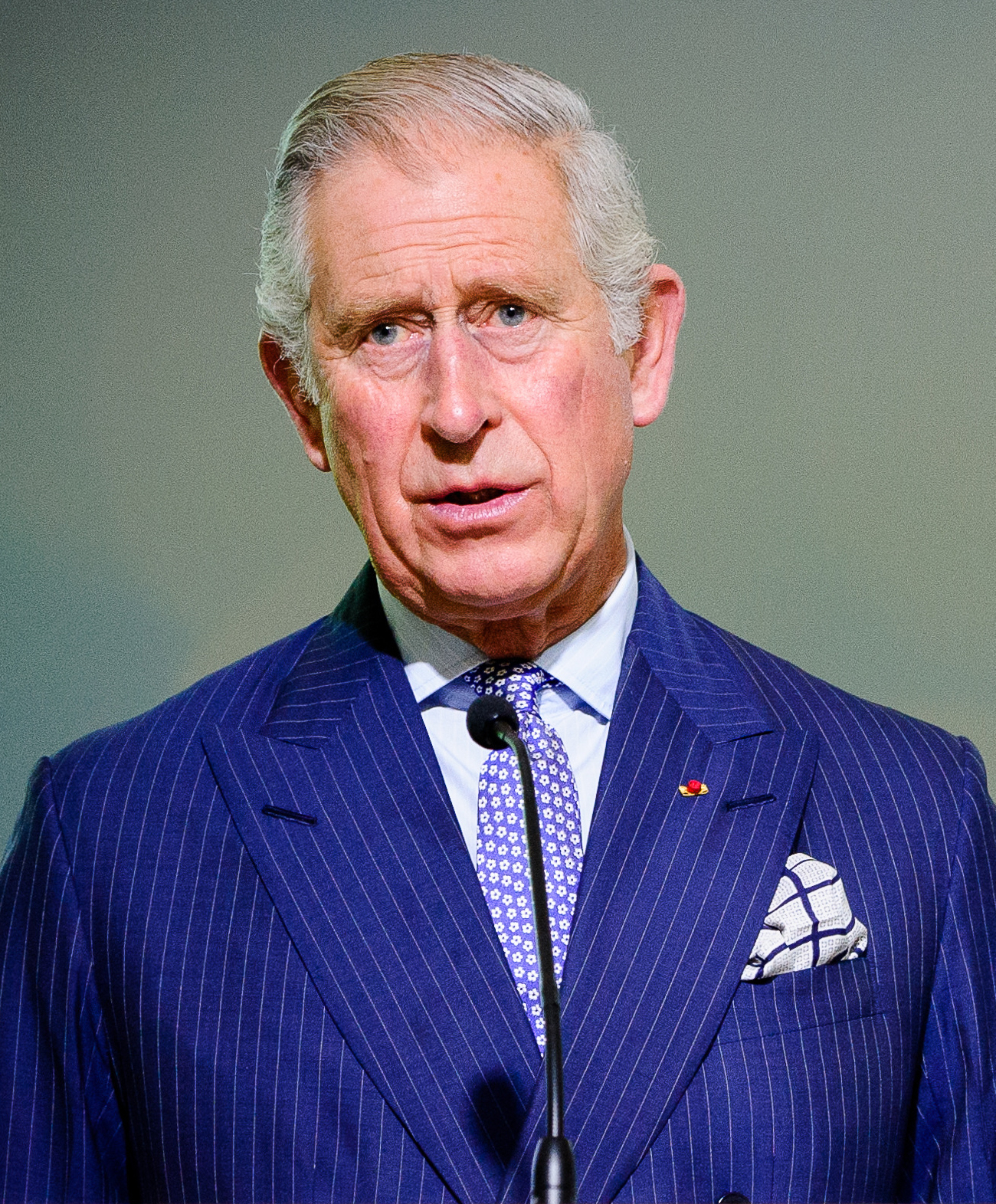The Work and Pensions Committee (WPC) has heard mixed views as to whether a review of fiduciary duty is needed amid the climate emergency, with industry experts also highlighting the need for an international consensus on climate disclosures.
Speaking at a WPC evidence session, Make My Money Matter chief executive officer, Tony Burdon, argued that whilst progress has been made on climate disclosures "there is still a serious challenge".
In particular, Burdon described fiduciary duty as a "constraint", particularly for smaller schemes where trustees are often heavily reliant on investment consultants.
He stated: "If you look back, its 36 years since the Cowan v Scargill judgment was made where there was a challenge around pension investments and where the judgment said that the best interests of beneficiaries are normally their best financial interest.
"But a lot has changed since 1985 when that judgment was made. I think we need a process of discussion across industry and other groups to have a look at whether re-interpretation is the right thing to do and what that would look like.
"Climate risks and the climate emergency will have huge impacts on members' best interests, on the returns they get from their savings, but also on the condition of the world they retire into, and how far their savings will go in that world, where it might not be possible to insure your house, where food prices could be extremely high, and so on.
"So, in our view, fiduciary duty should be adjusted to take into account net zero and to take into account these other aspects of members interests, such as a the climate emergency."
This was not a universally held view, however, as UK Sustainable Investment and Finance Association (UKSIF) CEO, James Alexander, warned that an extended fiduciary duty could have a number of intended consequences.
He stated: "One of the reasons we’re slightly nervous about things like mandatory net-zero requirements or fiduciary duty being extended is because we worry that they could lead to a knee-jerk divestment away from parts of the economy that from a macro-economic perspective do need to rapidly transition to providing goods and services in a net-zero economy."
Furthermore, he warned that any review of fiduciary duty should be "extremely mindful" of the potential danger of risking a green asset bubble if pension funds are feeling compelled to divest or rapidly move away from a specific sector to the green sector.
Investment Association director of stewardship and corporate governance, Andrew Ninian, also argued that no change was needed, with the current requirements "clear" that financially material considerations, including environmental, social and governance (ESG), should being taken into account into the way pensions funds are being managed.
He continued: "Obviously climate change is going to have an impact across the economies in which pension funds are investing. So, we think that link is sufficient to require pension funds to take action.
"Obviously there is also an economy-wide commitment to reach net zero by 2050, and we think that helps and strengthens the need for all actors in the investment chain, from pension funds to asset managers through to investee companies, that actually they all have to take action to meet the net-zero commitment, and one actor cannot do it alone."
Ninian also highlighted the importance of a global perspective more broadly, stressing that there needs to be a recognition that pension funds are increasingly invest internationally.
"Now only a third of equity holdings are in the UK so they need that G7 alignment and they need Taskforce on Climate-related Financial Disclosures (TCFD) reporting internationally," he stated.
Adding to this, Alexander stressed that whilst there is global competition in many sectors, international standards on ESG should not be one of them, highlighting this as a potential leadership opportunity for the UK.
"We should be working collaboratively on creating these standards," he stated, "and actually that’s potentially a role for the UK government's leadership position that we have with COP26 this year, and the opportunity to start pushing these points and building on what happened at G7 to create further international consensus on joint standard setting across the world."
Latest News
-
OBR analysis reveals potential impact of salary sacrifice changes
-
Strong funding levels continue as endgame landscape reshaped by innovation
-
Harwich Haven Authority Pension Fund finalises £45m buy-in with Royal London
-
GAD publishes LGPS gender pension gap reporting guidance
-
DB scheme funding levels continue to improve heading into 2026
-
News in brief - 6 February 2026
Private markets – a growing presence within UK DC
Laura Blows discusses the role of private market investment within DC schemes with Aviva Director of Investments, Maiyuresh Rajah
The DB pension landscape
Pensions Age speaks to BlackRock managing director and head of its DB relationship management team, Andrew Reid, about the DB pensions landscape
Podcast: From pension pot to flexible income for life

Podcast: Who matters most in pensions?

In the latest Pensions Age podcast, Francesca Fabrizi speaks to Capita Pension Solutions global practice leader & chief revenue officer, Stuart Heatley, about who matters most in pensions and how to best meet their needs
© 2019 Perspective Publishing Privacy & Cookies










Recent Stories